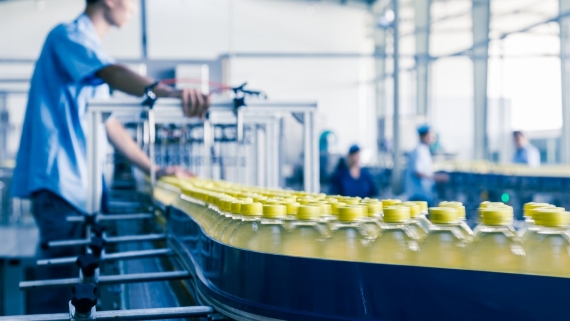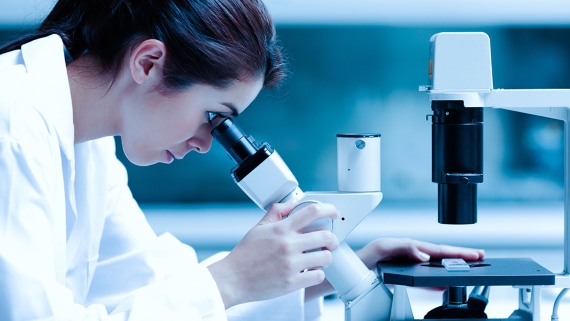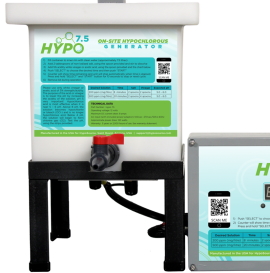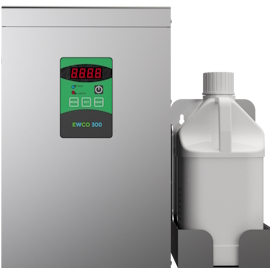Hypochlorous Acid Research

Search over 300 published research articles on hypochlorous acid
Common Names for Hypochlorous Acid Solutions
- Electrolytically Generated Hypochlorous Acid
- Neutral Electrolyzed Water (NEW)
- Electrolyzed Oxidizing Water (EOW)
- Electro-chemically Activated Water (ECA)
- Super-oxidized water (SOW)
Best Hypochlorous Acid (HOCL) Generators
 Portable Hypochlorous Acid (HOCL) Machine
Portable Hypochlorous Acid (HOCL) Machine
Make high quality hypochlorous acid in the home or office.
$159.99 + Free Shipping
 HOCL Machine + Electrostatic Sprayer
HOCL Machine + Electrostatic Sprayer
Make hypochlorous acid and spray with an electrostatic cold fogger.
$309.98 + Free Shipping




